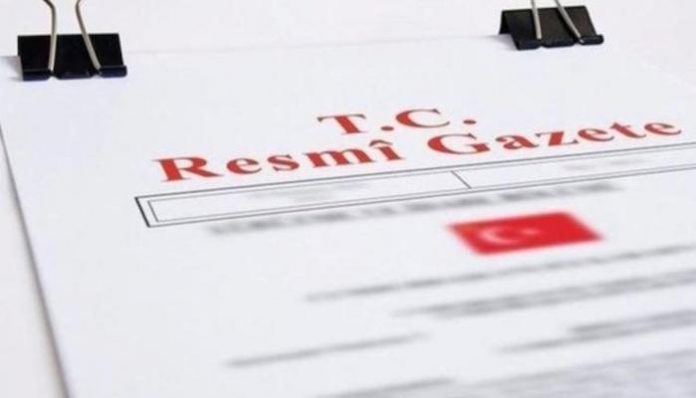Victims of a massive purge of state institutions by the Turkish government in the aftermath of a failed coup in 2016 are not allowed to take advantage of a recently announced tax amnesty, local media reported on Tuesday, citing the Official Gazette.
The Law on the Restructuring of Certain Receivables and Amending Certain Laws, which was published in the Official Gazette on March 12, is referred to in the media as the “tax amnesty of the century.”
In line with the law, people who owed back taxes, administrative fines, student loans, traffic fines or social security premiums prior to Dec. 31, 2022 will be able to pay the amount due in equal 48 installments.
According to the law, tens of thousands of people who were dismissed from state institutions following an abortive putsch in 2016 aren’t allowed to benefit from the so-called tax amnesty.
Commenting on the development, Münir Korkmaz, a reporter for KHK TV, a YouTube channel established by victims of the post-coup purge in Turkey, said, “Never say they can’t go this far [depriving purge victims of access to the tax amnesty]. It has happened, unfortunately. Enough is enough.”
KHK lilar vergi affından da yararlanamaz.Bu kadarı olmaz demeyin.Oluyor malesef.Yeter Artık Yeter.. pic.twitter.com/i5ydLhn6S8
— Münir Korkmaz (@mkorkmaz62) March 14, 2023
Turkey’s Justice and Development Party (AKP) government declared a state of emergency following an abortive putsch on July 15, 2016 that remained in effect until July 19, 2018. During the state of emergency the AKP carried out a purge of state institutions under the pretext of an anti-coup fight by issuing a number of government decrees, known as KHKs, purging 130,000 civil servants from their jobs due to their real or alleged connections to “terrorist organizations.”
Former public servants were not only fired from their jobs; they were also prohibited from working again in the public sector and getting a passport. The government also made it difficult for them to work formally in the private sector. Notes were put on the social security database about dismissed public servants to deter potential employers.
According to a joint report by the Justice for Victims Platform and Ömer Faruk Gergerlioğlu, a human rights advocate and lawmaker from the Peoples’ Democratic Party (HDP), the biggest problem the purge victims and their families have been facing is economic hardship (97.9 percent) followed by psychological problems (88.6 percent), loss of social prestige and social exclusion (83.7 percent), the disintegration of social circles (83.1 percent), unemployment/lack of employment (80.4 percent) and a lack of social security benefits (73.2 percent).

